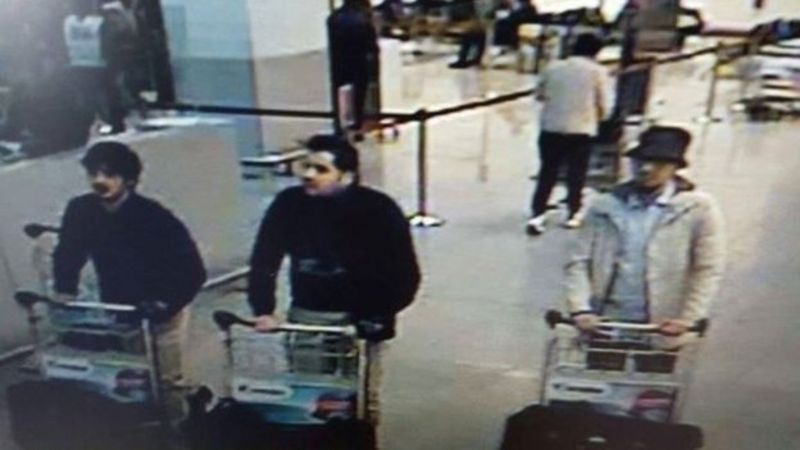The terrorists who carried out the attacks at Brussels Airport and the Brussels metro in March 2016 were able to go about their business unhindered thanks to the “passive and active support” of many of the residents of the Brussels commune of Molenbeek, according to a new book.
The book, in Dutch, was written by Cyrille Fijnaut, a former professor of criminology at the universities of Leuven and Tilburg, and an expert on police and organised crime. The book sets out to find out how the terrorists involved in the Brussels attacks, as well as the attacks in Paris the previous November, could have organised and carried out their crimes without being detected.
What his investigation brings to light is the close links between the terrorists – the ‘ideological criminals’ – and the network of ‘ordinary’ criminals involved in organised crime.
“The key to their success was that the hard core of the cell was made up in large part of professional criminals with a lot of expertise in the realm of violent crimes against property, who had somehow become staunch supporters of Islamist ideology,” he told VRT radio.
“These ideological criminals not only had personal experience of the offensive use of force, especially heavy firearms, against civilians and governments, but they were also used to the application of defensive counter-strategies, for example, the encryption of communications, the use of aliases and the fraud in the rental of safe houses and cars.”
Some of the known terrorists, such as Mohamed Abrini, who walked away from the airport without detonating his suitcase bomb, had a long criminal record. Other were less well-known, but their contacts in criminal circles allowed them to attract support.
Just as important as criminal contacts, however, was the support, whether active or passive – the terrorists received from ordinary members of the public. They were, he said, willing to provide all sorts of assistance, such as acting as a front-person for renting a vehicle or an apartment, or simply being on call as a driver if one of the gang had to be moved out of danger quickly.
“We should not lose sight of the fact that in all this they could not only count on the active cooperation of part of the population of Molenbeek, but also on the tacit passive cooperation of many residents of the municipality,” he concludes.
Alan Hope
The Brussels Times

